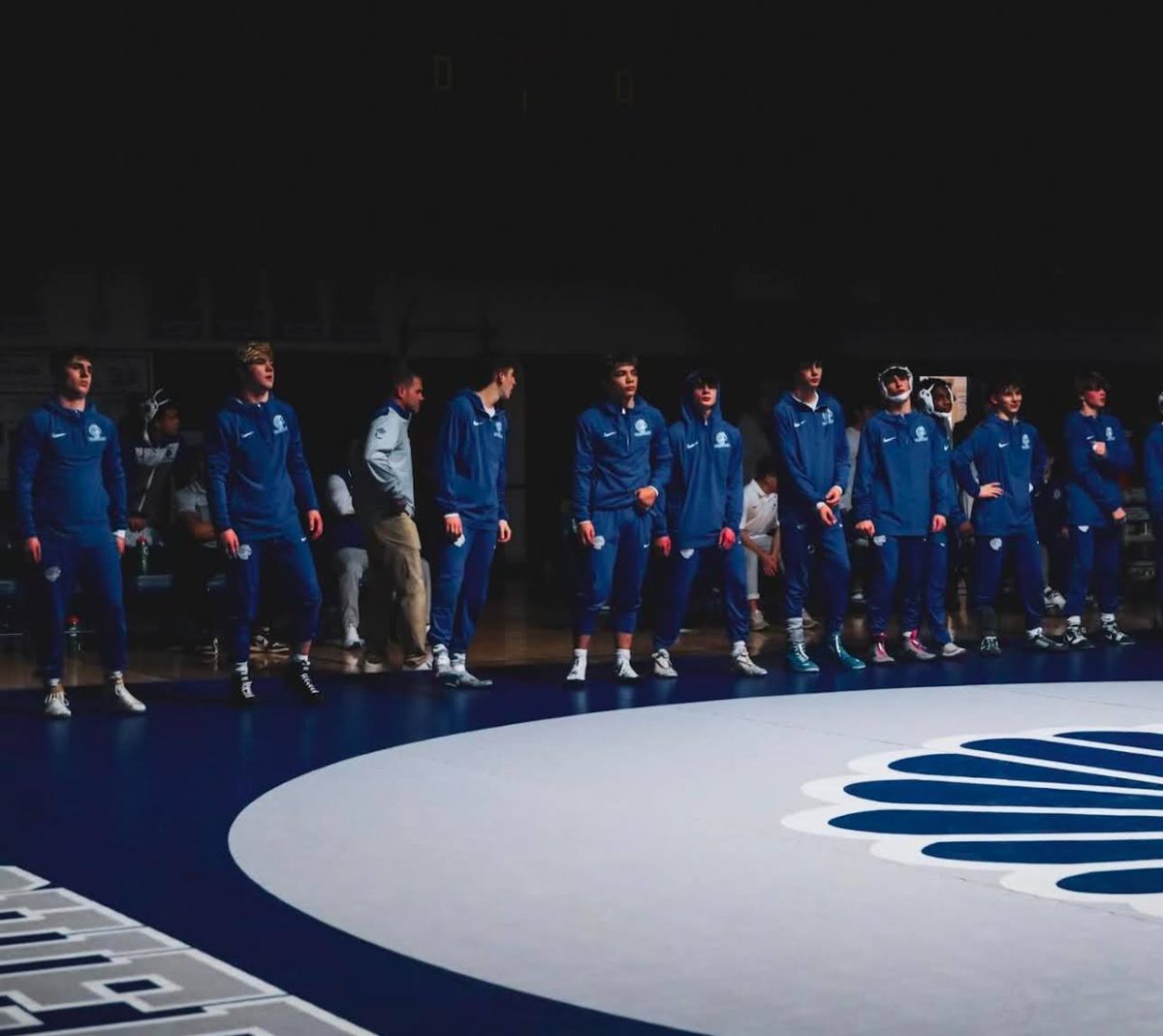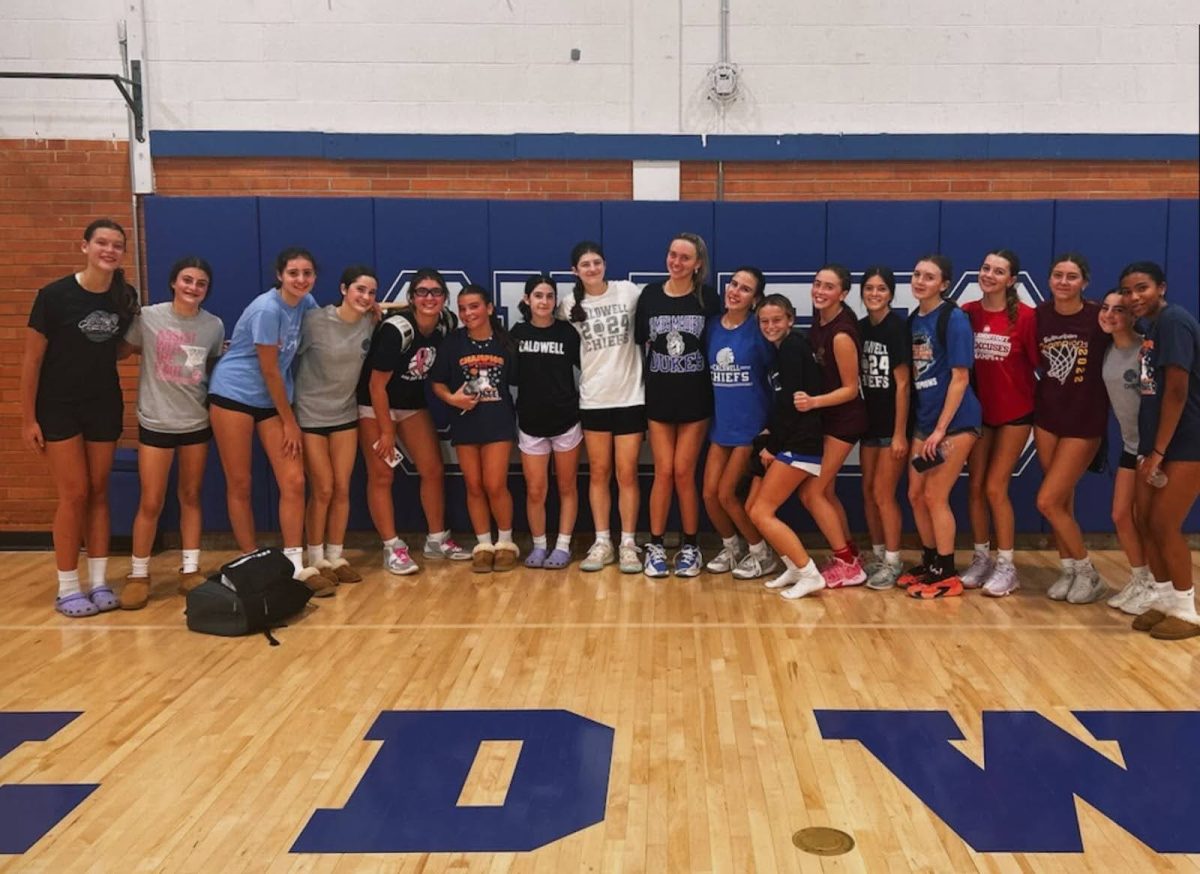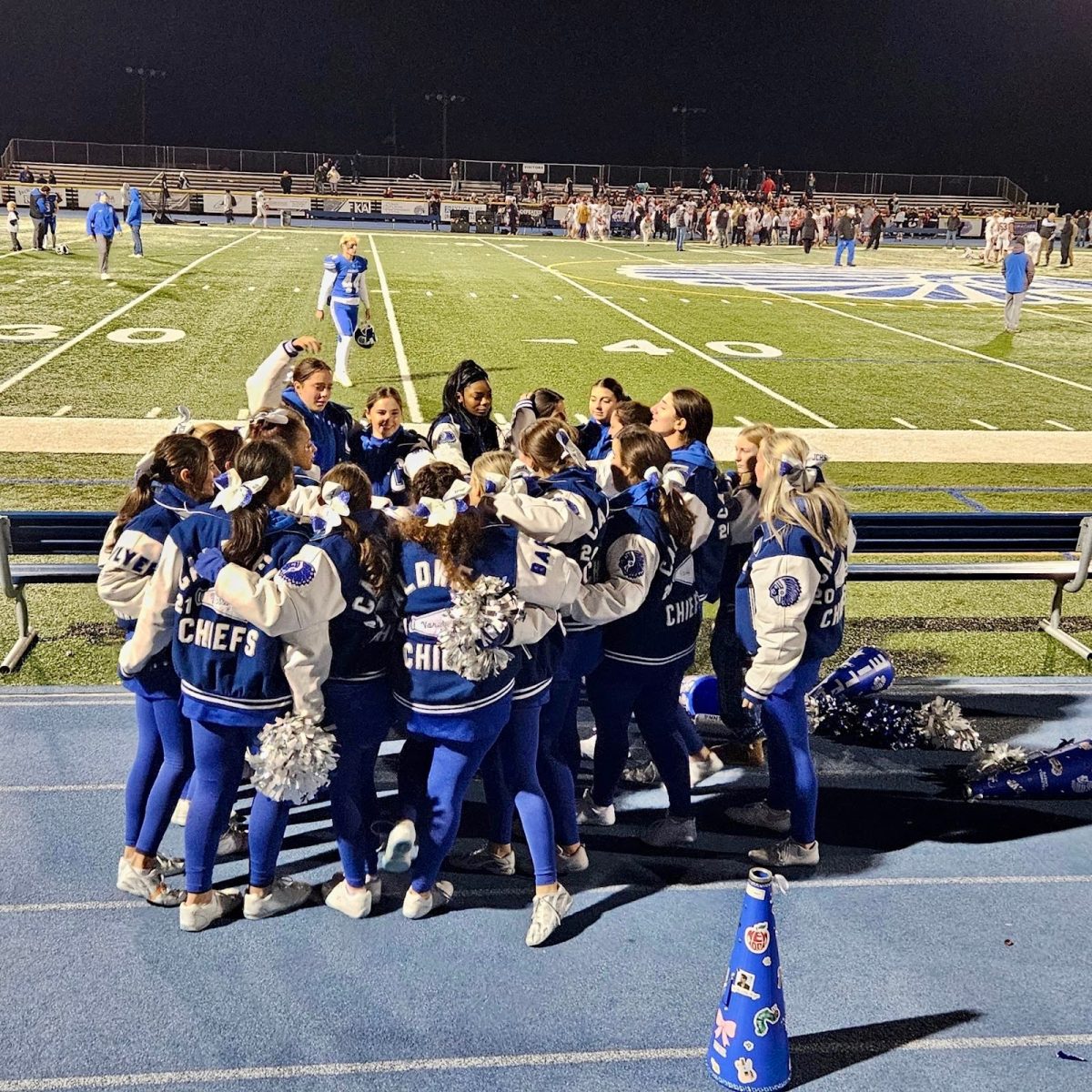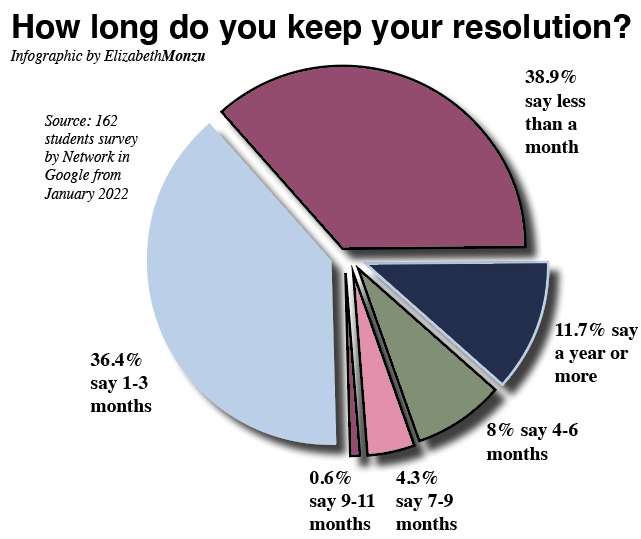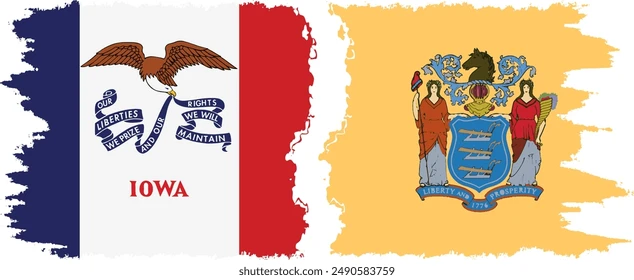Following the terror attacks at the Charlie Hebdo offices in Paris, France earlier this year, the age-old question arose once again: just where does the media draw the line? Why is our media afforded so much liberty in reporting culturally sensitive topics, when so many other aspects of our society simply cannot have these discussions. Scott Pelley, anchor and managing editor of the CBS Evening News, perhaps phrased it best, saying “…why are the freedoms to publish and speak absolute? Because there is no democracy without journalism. The strength of a nation depends on the quality of its information.” If the media keeps the government and those in powerful positions in check, then who keeps the media balanced? This is where one of the most important arms of journalism come into play.
Media reporters, those who report “the news about the news,” are tasked with covering the stories that occur in the world of journalism, whether it be conflicts of interest or factual inaccuracies found in reporting. People like CNN’s Brian Stelter investigate the reports of journalists across the board in order to maintain the highest possible standards in the industry- because if nobody is reining in the media, then there is no guarantee of an informed society and ultimately, a people that questions the actions of its leaders. Media reporters are the stewards of the industry at the most basic level, but have the extremely important job of making sure that the public is able to access accurate information in order to make informed opinions on the tough issues facing our society today.
With the existence of partisan-leaning organizations like MSNBC and Fox News Channel comes the constant question of accuracy. Does a news organization’s political affiliation affect its ability to present unbiased information to readers and viewers? Statistics aren’t even necessary to prove this, just look at the existence of the media column of The New York Times and the program “Reliable Sources” on CNN. These resources exist because of the constant publication of biased information across all mediums of media by an innumerable number of sources. The public needs journalists to conduct what amount to “peer reviews” in order to keep standards, and therefore the trust of the public, high. The problem as of late, however, has been the fading of the line between news and opinion. A great deal of information is interpreted by the public to be fact, simply because it is not identified otherwise. Viewers of “The Rachel Maddow Show” or “The O’Reilly Factor” do not necessarily take the information presented to them by the anchors with a grain of salt, because of the manner in which it is presented- like a news program. And this leads to inadvertent one-sided opinions being formed by these viewers.
Fox News Channel was ranked the “most trusted news organization” in the United States in a poll conducted earlier this year. The network has also been the highest-rated cable news network for over a decade. That means millions of Americans get their daily news delivered to them by a Fox News anchor. The frightening part of all of this is that viewers of Fox News have been found to be the “least informed” on the issues facing our nation today. Which is not to say that all aspects of the network are bad. Officials at Fox News attempt to separate the network’s opinion arm from its hard news arm. But it is very difficult for viewers to do so.
When the Brian Williams scandal broke in late January, it was the huge media story that this branch of the industry never expected, nor really wanted. It is very difficult as a competitor to cover the freefall of the most trusted newsman in America. When looking back at coverage from the time, CBS and ABC did not give the story major air time, compared to the cable networks CNN, Fox News, and even MSNBC, corporate cousin to “Nightly News.” This is because there is a fine line in what is considered good media reporting. The public will not approve of ABC or CBS airing critical pieces about their competitor NBC, simply because it would look like the networks are taking advantage of the situation and exploiting it for ratings.
Our generation doesn’t like to keep up with what is going on in the world for the most part. There are countless exceptions, but in general, there is a distinct lack of perception of the world’s affairs. High school students and even their parents probably could not care less about what is going on in the journalism industry. That being said, I would argue that most people simply have a perceived lack of interest. The same group of people that do not regularly read the New York Times media column nor watch “Reliable Sources” every Sunday is the same group that voices a loud opinion when a big scandal hits, i.e. the Brian Williams scandal. This is because of his stature in the industry, but more importantly, his stature in American society. People do care what happens in the journalism world. But it takes big stories for them to talk about it.
In the meantime, the media reporters for countless newspapers and television networks will continue to keep tabs on the journalists that feed Americans information. Their work may not always be appreciated nor recognized, but they work to keep everyone honest.
As British writer G.K. Chesterton said, “Journalism largely consists in saying ‘Lord Jones is dead’ to people who never knew Lord Jones was alive.”







